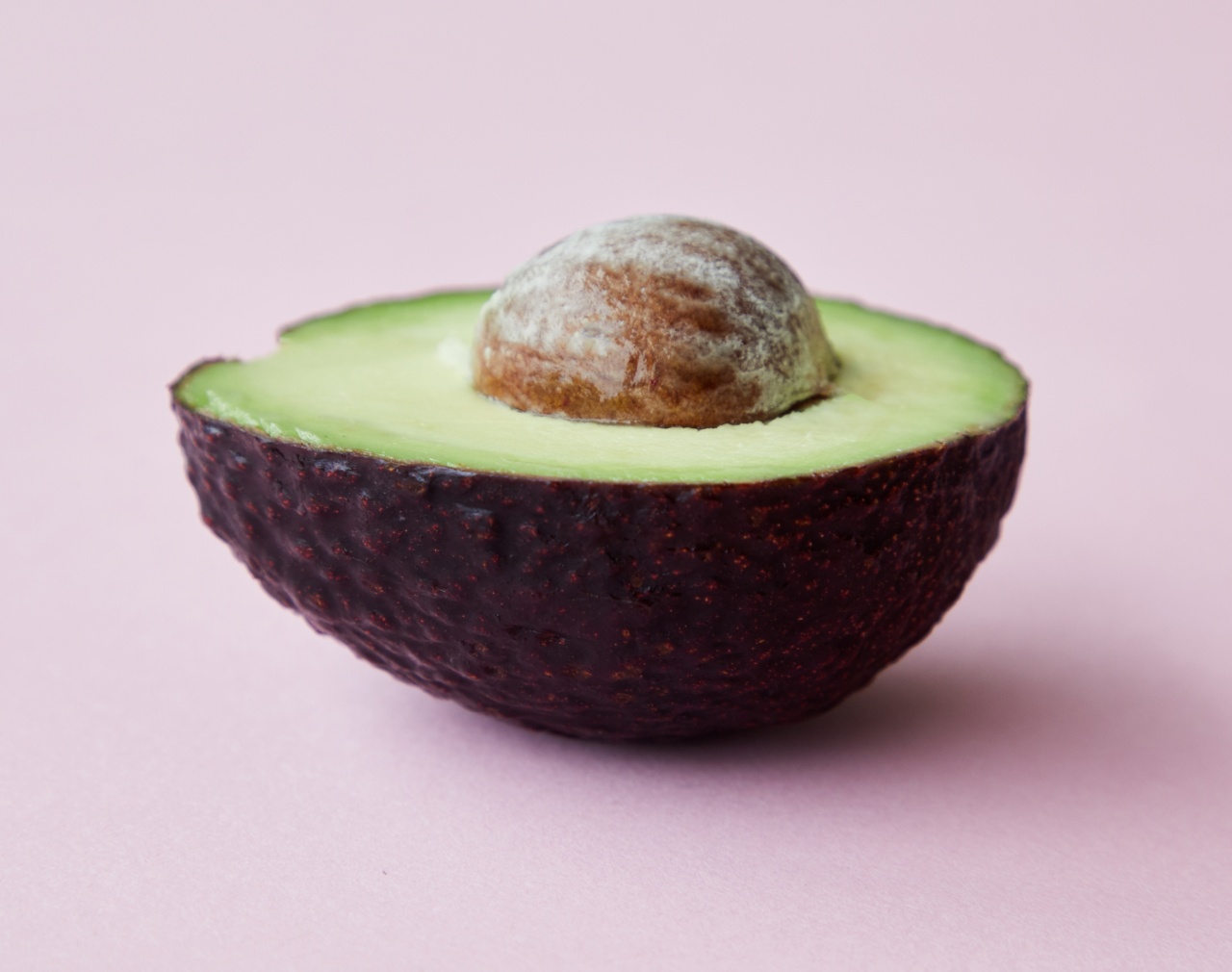Protein diets have become increasingly popular in recent years as more people seek to lose weight and improve their overall health.
These diets are based on the idea that consuming large amounts of protein can help suppress appetite, boost metabolism, and increase muscle mass. While there are certainly benefits to protein diets, there are also potential drawbacks that need to be considered. In this article, we will explore the truth about protein diets and weigh their pros and cons.
What is a Protein Diet?
A protein diet, also known as a high-protein diet, is a diet that is based on the consumption of large amounts of protein, usually in the form of meat, fish, eggs, or dairy products.
The goal of a protein diet is to increase protein intake while reducing carbohydrate and fat intake. This can be achieved by replacing high-carb or high-fat foods with high-protein foods or by restricting overall calorie intake.
The Benefits of a Protein Diet
Protein diets offer several potential benefits, including:.
Weight Loss
Protein is known for its ability to create feelings of fullness and satiety, which can help to reduce overall calorie intake.
Studies have shown that protein diets can lead to greater weight loss compared to other diets, such as low-fat or low-carb diets.
Muscle Mass Maintenance
Protein is essential for building and maintaining muscle mass. By consuming large amounts of protein, particularly after exercise, individuals can help to support muscle growth and repair.
Improved Heart Health
Some studies have shown that protein diets may help to lower blood pressure and reduce the risk of heart disease.
This may be due to the fact that protein is lower in saturated fat and higher in unsaturated fat compared to many high-carbohydrate and high-fat diets.
Better Blood Sugar Control
Protein is known for its ability to help regulate blood sugar levels and prevent spikes in insulin. This can be particularly beneficial for individuals with diabetes or insulin resistance.
The Drawbacks of a Protein Diet
While protein diets can offer several benefits, there are also potential drawbacks that need to be considered, including:.
Kidney Problems
Consuming large amounts of protein can put a strain on the kidneys, particularly in individuals with pre-existing kidney disease. This is because the kidneys are responsible for filtering excess protein from the body.
However, research has shown that protein diets are generally safe for healthy individuals with normal kidney function.
Increased Risk of Heart Disease
While protein diets may offer some heart health benefits, consuming large amounts of meat and other high-protein foods can also increase the risk of heart disease, particularly if those foods are high in saturated fat.
Therefore, it is important to choose lean sources of protein and incorporate plenty of fruits, vegetables, and whole grains into your diet to promote heart health.
Nutrient Deficiencies
Restricting carbohydrate and fat intake can make it more difficult to get all the essential vitamins and minerals your body needs.
Additionally, some high-protein foods, such as red meat, are also high in saturated fat and cholesterol, which can increase the risk of nutrient deficiencies and other health problems.
Inconvenient and Expensive
Consuming large amounts of high-quality protein can be inconvenient and expensive, particularly for those on a budget or with limited time to prepare meals.
Additionally, protein diets may limit food choices and make it more difficult to eat out or attend social events.
Conclusion
Protein diets can offer several benefits, including weight loss, improved heart health, and better blood sugar control. However, they also have potential drawbacks, such as increased risk of heart disease and nutrient deficiencies.
Therefore, individuals considering a protein diet should consult with their healthcare provider to determine whether it is the right choice for them.




























